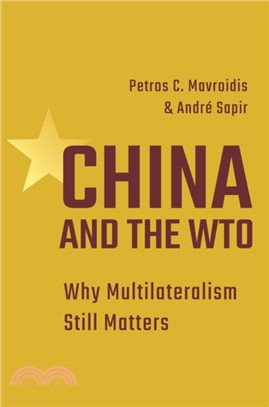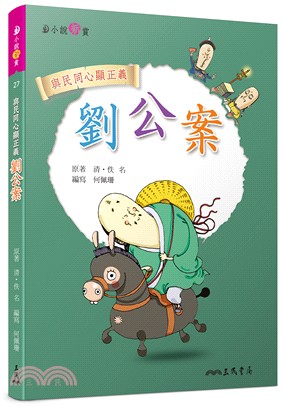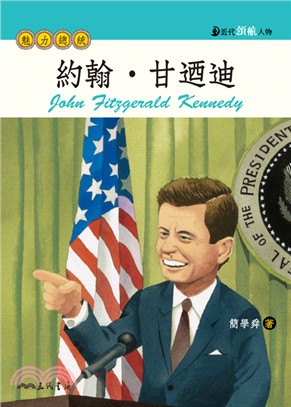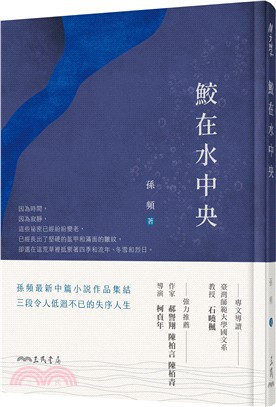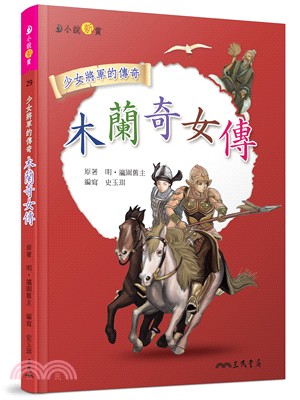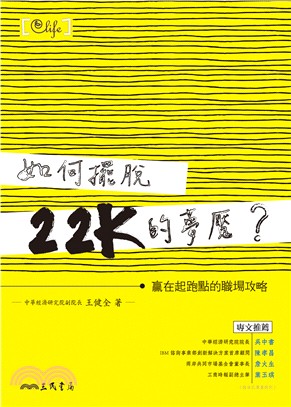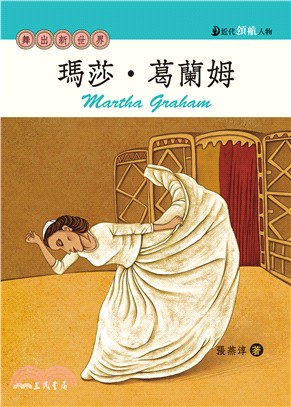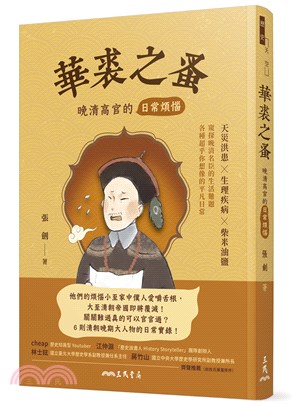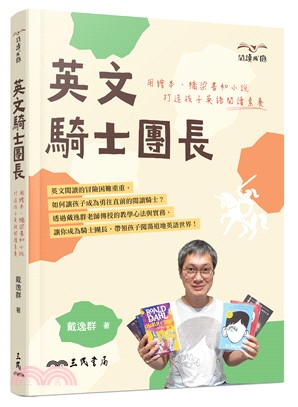China and the WTO:Why Multilateralism Still Matters
商品資訊
ISBN13:9780691206592
出版社:Princeton Univ Pr
作者:Petros Mavroidis; Professor Andre Sapir
出版日:2021/01/05
裝訂/頁數:精裝/240頁
規格:15.6cm*23.5cm (高/寬)
定價
:NT$ 2397 元優惠價
:90 折 2157 元
無庫存,下單後進貨(到貨天數約30-45天)
下單可得紅利積點:64 點
商品簡介
相關商品
商品簡介
An examination of China's participation in the World Trade Organization, the conflicts it has caused, and how WTO reforms could ease them China's accession to the World Trade Organization (WTO) in 2001 was rightly hailed as a huge step forward in international cooperation. However, China's participation in the WTO has been anything but smooth, with China alienating some of its trading partners, particularly the United States. The mismatch between the WTO framework and China's economic model has undermined the WTO's ability to mitigate tensions arising from China's size and rapid growth.
What has to change? China and the WTO demonstrates that unilateral pressure, by the United States and others, is not the answer. Instead, Petros Mavroidis and Andre Sapir show that if the WTO enacts judicious reforms, it could induce China's cooperation, leading to a renewed confidence in the WTO system. The WTO and its predecessor, the General Agreement on Tariffs and Trade, are predicated on liberal domestic policies.
They managed the previous accessions of socialist countries and big trading nations, but none were as large or powerful as China. Mavroidis and Sapir contend that for the WTO to function smoothly and accommodate China's unique geopolitical position, it needs to translate some of its implicit principles into explicit treaty language. To make their point, they focus on two core complaints-that Chinese state-owned enterprises (SOEs) benefit from unfair trade advantages, and that domestic companies, private as well as SOEs, impose forced technology transfer on foreign companies as a condition for accessing the Chinese market-and they lay out specific proposals for WTO reforms.
In an age of global trade disputes, China and the WTO offers a timely exploration of unprecedented challenges to the current multilateral system and fresh ideas for lasting solutions.
What has to change? China and the WTO demonstrates that unilateral pressure, by the United States and others, is not the answer. Instead, Petros Mavroidis and Andre Sapir show that if the WTO enacts judicious reforms, it could induce China's cooperation, leading to a renewed confidence in the WTO system. The WTO and its predecessor, the General Agreement on Tariffs and Trade, are predicated on liberal domestic policies.
They managed the previous accessions of socialist countries and big trading nations, but none were as large or powerful as China. Mavroidis and Sapir contend that for the WTO to function smoothly and accommodate China's unique geopolitical position, it needs to translate some of its implicit principles into explicit treaty language. To make their point, they focus on two core complaints-that Chinese state-owned enterprises (SOEs) benefit from unfair trade advantages, and that domestic companies, private as well as SOEs, impose forced technology transfer on foreign companies as a condition for accessing the Chinese market-and they lay out specific proposals for WTO reforms.
In an age of global trade disputes, China and the WTO offers a timely exploration of unprecedented challenges to the current multilateral system and fresh ideas for lasting solutions.
主題書展
更多
主題書展
更多書展今日66折
您曾經瀏覽過的商品
購物須知
外文書商品之書封,為出版社提供之樣本。實際出貨商品,以出版社所提供之現有版本為主。部份書籍,因出版社供應狀況特殊,匯率將依實際狀況做調整。
無庫存之商品,在您完成訂單程序之後,將以空運的方式為你下單調貨。為了縮短等待的時間,建議您將外文書與其他商品分開下單,以獲得最快的取貨速度,平均調貨時間為1~2個月。
為了保護您的權益,「三民網路書店」提供會員七日商品鑑賞期(收到商品為起始日)。
若要辦理退貨,請在商品鑑賞期內寄回,且商品必須是全新狀態與完整包裝(商品、附件、發票、隨貨贈品等)否則恕不接受退貨。



